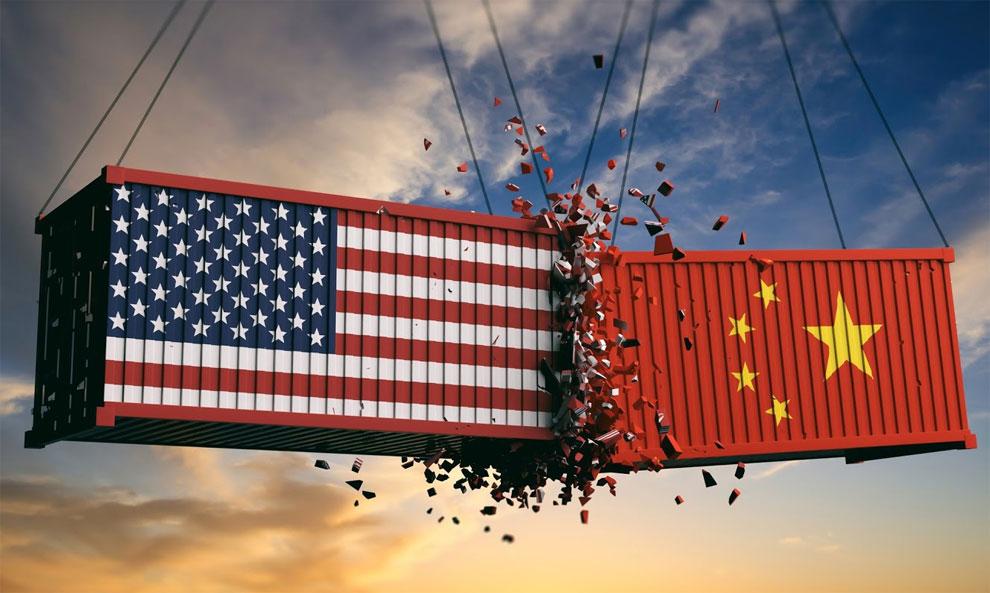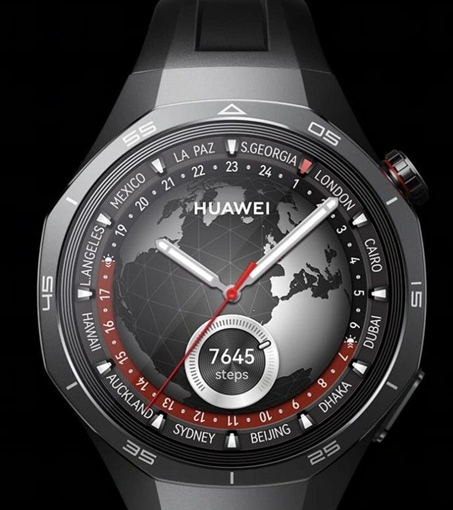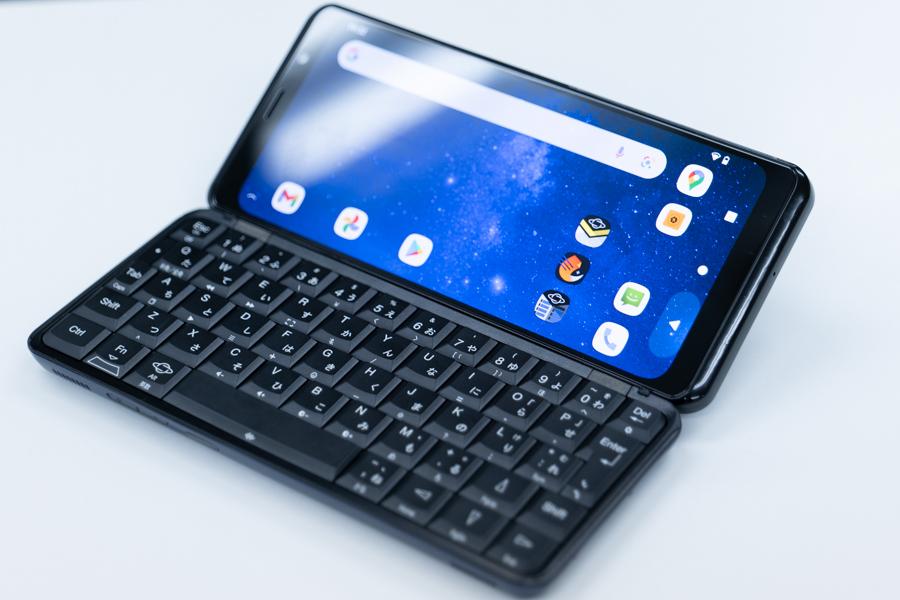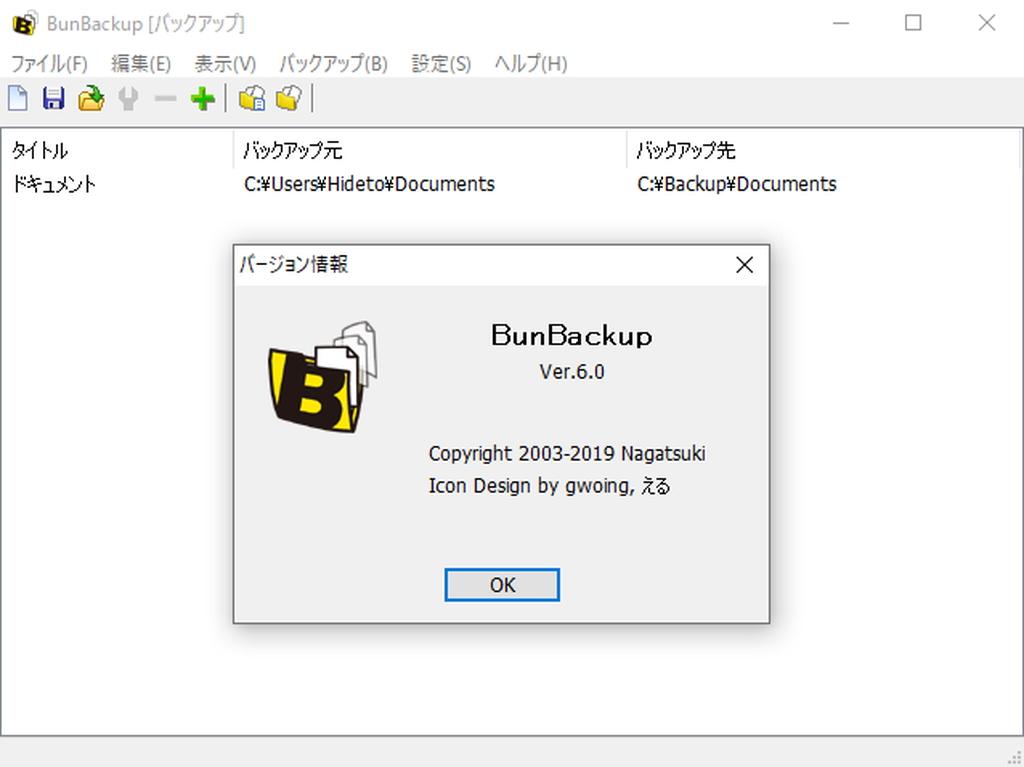If you want to do a business in China, a certain risk: News Salon to read the world (page 1/5)
- 1110
- 98
If you want to do a business in China, a certain risk: News Salon to read the world (page 1/5)
- By huaweicomputers
- 22/02/2023
Business involved in China is confused in various places.
Nike, a major US sports supplies, published a statement on the official website of a statement on the Xinjiang Uyghur Autonomous Region's "concerns about forced labor."Nike has stated that it will not use ingredients such as cotton harvested by forced labor, which is said to be held in Xinjiang Uyghur Autonomous Region.

Swedish clothing giant H & M is also criticized by Chinese because of the same problem as Nike.There is an exercise for the two companies for boycott on China online.
Furthermore, in India, the treatment of Chinese companies has been in the news.The Indian government has recently suggested that domestic communication infrastructure will be eliminated for the Chinese telecommunications equipment company, Huawei products.Before that, the company has been banned from a large number of Chinese apps, including the video sharing app provided by the Chinese company byte Dance, and has been on the policy of closing China.
インド政府はファーウェイ製品を排除するのか(画像はイメージです。出典:ゲッティイメージズ)What is common in these issues in China is that politics and international situations are behind.Not only in Uyghur, but also in India's border dispute with China.
This trend is not both Japanese companies and business people.Japan, where the relationship with China, such as the Senkaku problem and the South China Sea issue, may worsen in the future, should follow these trends exactly.The tightening of China's business environment is expected to be considerable confusion in the future.
これまでもいろいろな騒動1|2|3|4|5次のページへ














